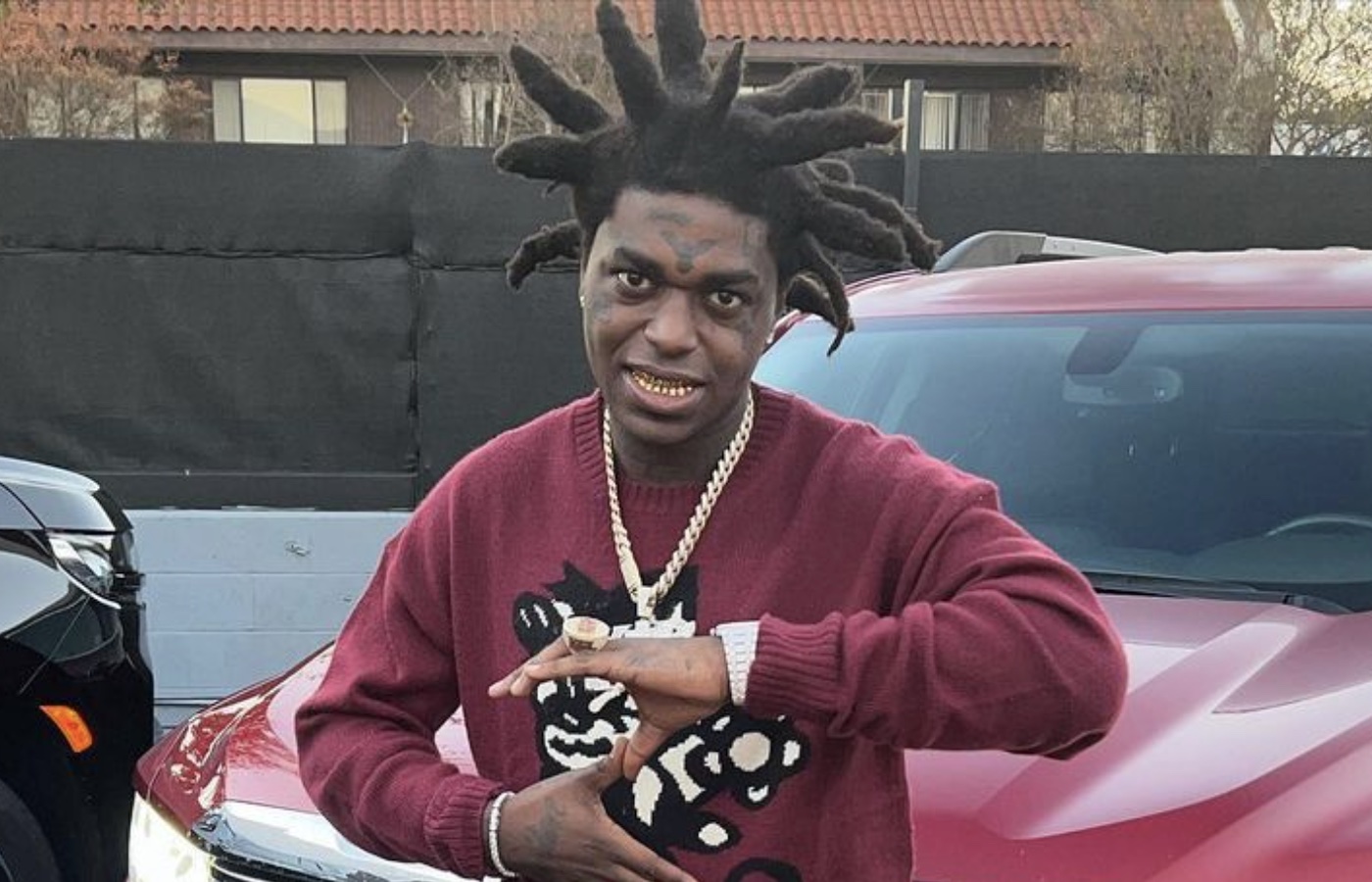Kodak Black was recently arrested and slapped with drug charges for possession of oxycodone pills, but the rapper’s high-powered attorney Bradford Cohen says that the rapper does a prescription for them.
On Tuesday night, Cohen, who was instrumental in getting Kodak Black pardoned by former President Donald Trump, says that the rapper has been suffering from chronic pain since being shot back in February and has been relying on pills to help him deal with the after-effects of the injury.
The rapper was among four others who were shot on February 13 outside a party in Los Angeles. Bullets hit Kodak Black in his leg. His attorney had confirmed at the time, in what he described as an “unprovoked attack” on one of Kodak’s entourage members.
According to TMZ, Cohen said that the pills found in Kodak’s bulletproof car when he was stopped for a traffic violation were prescribed to him by a medical doctor to deal with the pain in his leg.
Cohen also said that the rapper is also dealing with “long-term injuries that he suffered in prison,” from an alleged attack by prison guards.
The attorney said he has been working with the prosecutor’s office to get the charges dropped and has supplied paperwork to prove that the rapper is indeed suffering from chronic pain and need the pills.
Last Friday, Kodak Black was arrested during a traffic stop for expired tags and illegal tint on his car. Officers said they smelled marijuana which led to a search of the car and the discovery of the pills and a large sum of cash.
The rapper spent two nights at Broward County jail before being released on $75K bail.
According to Cohen, he is working to straighten out the matter.
“Never judge a case based on an arrest,” Cohen said after Kodak posted bond. “There are facts and circumstances that give rise to a defence, especially in this case. We negotiated a bond of $75,000 and we will move forward with resolving the matter quickly.”
Kodak Black, whose legal name is Bill Kapri, was sentenced to four years imprisonment for federal weapons charges in 2019. He was, however, granted clemency by former President Donald J. Trump in January 2021 and had several conditions stipulated for his release, including completing drug intervention programs before being cleared to travel.
In the meantime, the prosecution has not responded to Cohen’s claims as to whether the rapper’s proof is genuine and if the charges are likely to be dropped.
